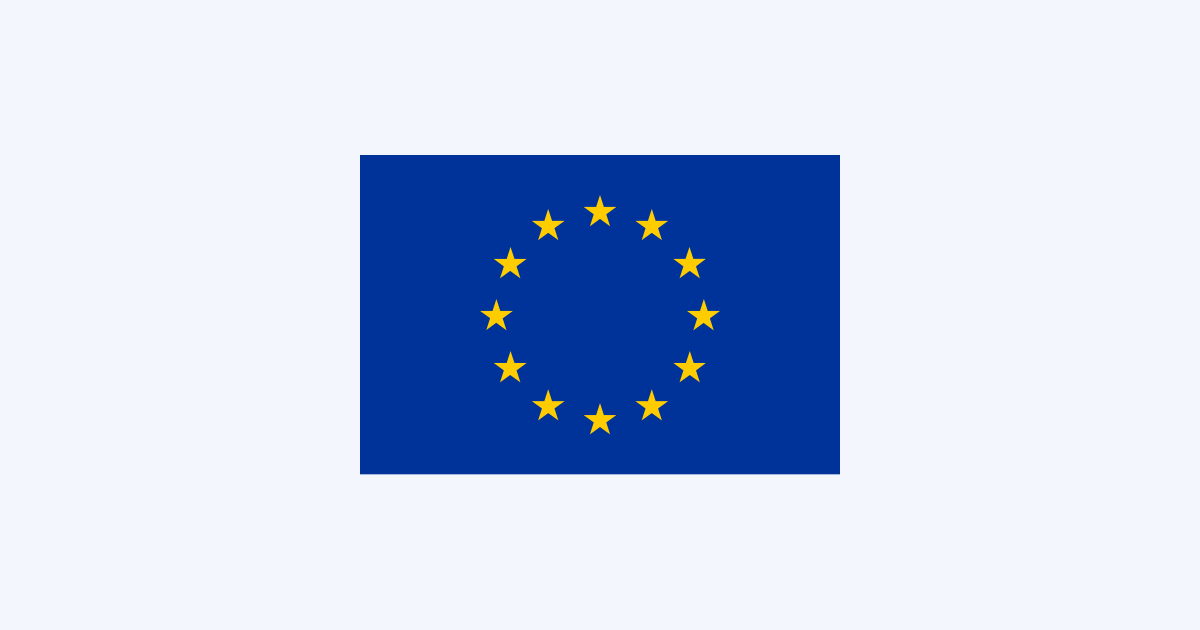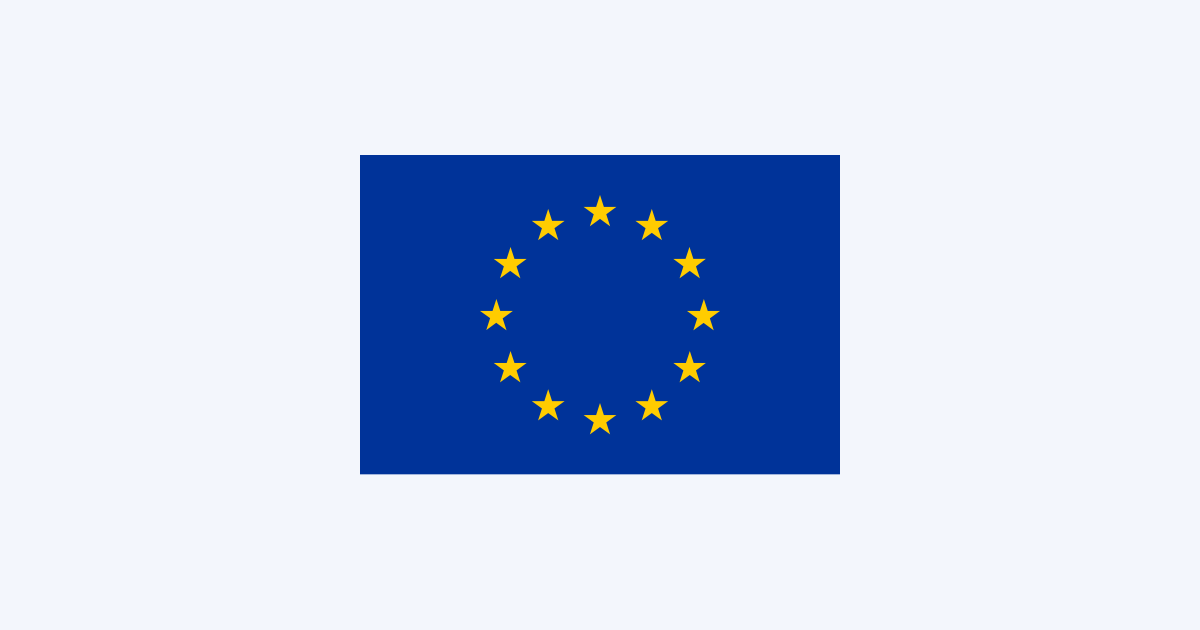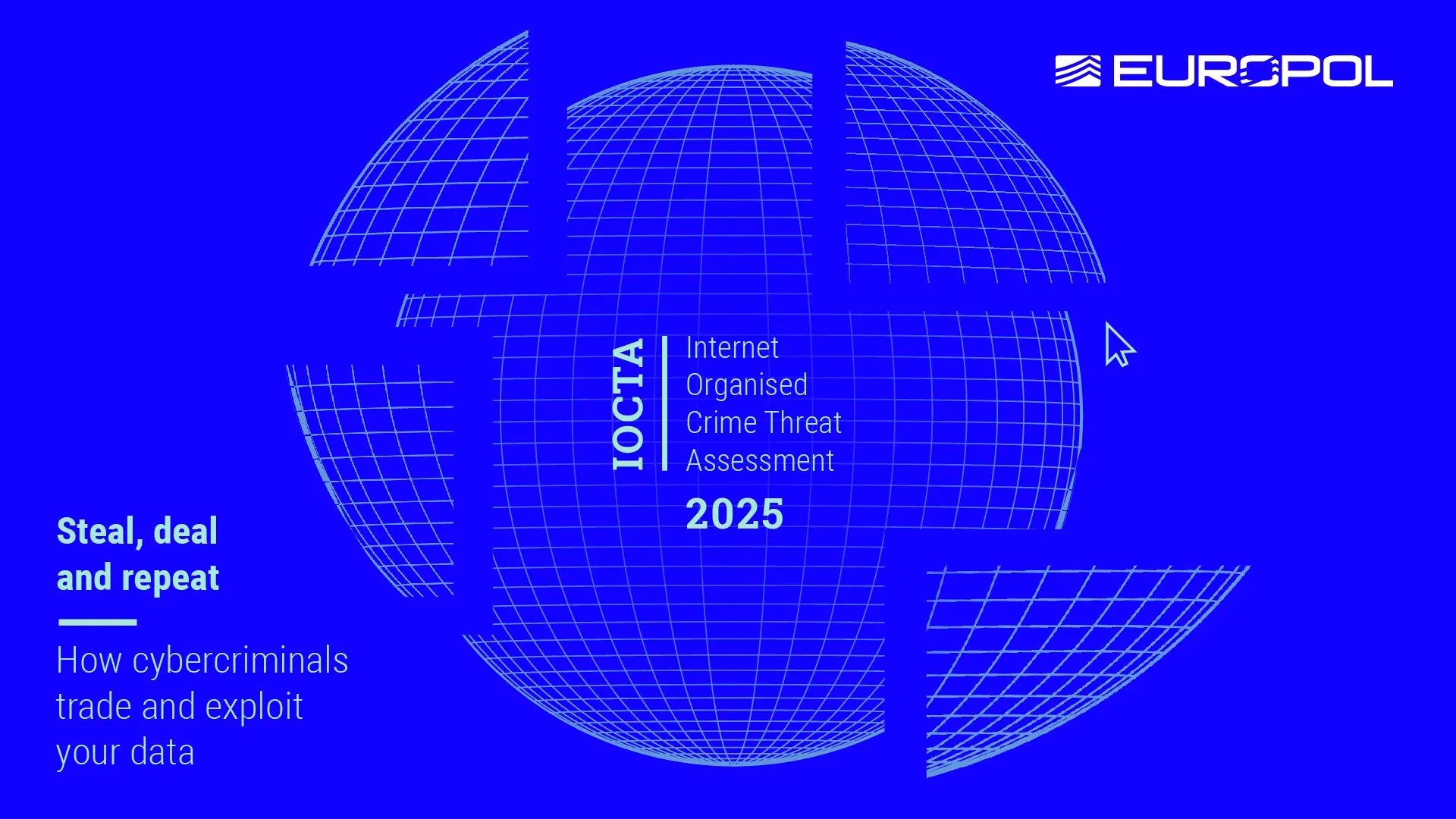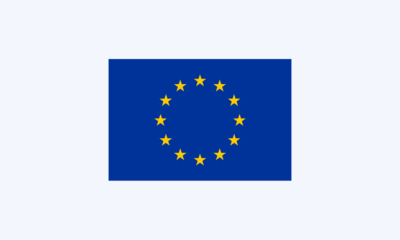Politics
EU rolls out plan to promote sustainable, repairable and energy efficient products

Today, the European Commission adopted the 2025-2030 working plan for the Ecodesign for Sustainable Products Regulation (ESPR) and Energy Labelling Regulation.
The plan provides a list of products that should be prioritised to introduce ecodesign requirements and energy labelling over the next five years. This will foster sustainable, repairable, circular and energy efficient products across Europe, in line with the Clean Industrial Deal and the Competitiveness Compass.
The priority products for ecodesign and energy labelling requirements are steel and aluminium, textiles (with a focus on apparel), furniture, tyres and mattresses. These were selected based on their potential to deliver on the circular economy.
Harmonised product sustainability requirements at EU level will reinforce the single market, prevent barriers to trade, improve the level playing field, reduce the administrative burden, and strengthen the global competitiveness of businesses offering sustainable products.
In addition, the Commission will introduce horizontal measures to requirements on repairability for products such as consumer electronics and small household appliances. This will include the introduction of a repairability score for products with the most potential, and requirements on recyclability of electrical and electronic equipment.
The selection of products included in the present working plan, is based on an inclusive process with stakeholders and reflects both the input from stakeholders and Member States. It is based on a thorough technical analysis and criteria notably related to the EU’s climate, environment and energy efficiency objectives, as well as an extensive consultation process, including through the Ecodesign Forum.
Future ecodesign and energy labelling requirements for the selected products will cover two elements:
- product performance, such as minimum durability, minimum energy and resource-efficiency, availability of spare parts or minimum recycled content;
- and/or product information, including key product features such as the products’ carbon and environmental footprint. Product information will mainly be made available via the Digital Product Passport or, for products with energy labels, via the European Product Registry for Energy Labelling (EPREL).
When developing ecodesign requirements, the Commission will pay attention to the needs of SMEs, in particular micro-enterprises and small mid-cap enterprises, and will ensure that tailored support is available to them.
Next steps
Ecodesign and energy labelling requirements will be set via delegated acts on a product-by-product basis or for groups of similar products. This will be based on thorough preparatory studies and impact assessments. It will involve stakeholders and interested parties throughout the process, including in the recently established Ecodesign Forum.
Regarding some energy-related products, ongoing work under the Ecodesign Directive should continue, and relevant requirements will be adopted not later than 31 December 2026.
Background
The Ecodesign for Sustainable Products Regulation (ESPR) aims to improve the sustainability of products placed on the EU market by increasing their circularity, energy performance, recyclability and durability, while improving the Single Market and strengthening the competitiveness and resilience of the EU economy. Adopted in July 2024, it builds on the approach successfully pioneered under the EU’s current ecodesign and energy labelling frameworks.
Together with the Energy Labelling Framework Regulation (ELFR), the ESPR facilitates consumers’ choice in favour of more sustainable and energy efficient products.
Today’s working plan continues the work that started on 16 energy-related products (such as dishwashers, electric motors, electric vehicle chargers or displays) from the 2022-2024 ecodesign and energy labelling working plan.
Politics
Colombia: Joint Press Release on negotiations on a Partnership and Cooperation Agreement

DISCLAIMER OPINIONS: The opinions of the authors or reproduced in the articles are the ones of those stating them and it is their own responsibility. Should you find any incorrections you can always contact the newsdesk to seek a correction or right of replay.
DISCLAIMER TRANSLATIONS: All articles in this site are published in English. The translated versions are done through an automated process known as neural translations. If in doubt, always refer to the original article. Thank you for understanding.
DISCLAIMER PHOTOS: We mostly used photos images that are readily available online, from free sources, or from the people promoting the news. If by any chance it happens that we have used one of your copyrighted photos, please do not hesitate to contact us and we will take it down without question. We do not make profits as this is a not for profit project to give voice to the voiceless while giving them a platform to be informed also of general news, and it is completely free.
Politics
Trade: Coreper endorses the Council’s negotiating position on FDI screening revision

DISCLAIMER OPINIONS: The opinions of the authors or reproduced in the articles are the ones of those stating them and it is their own responsibility. Should you find any incorrections you can always contact the newsdesk to seek a correction or right of replay.
DISCLAIMER TRANSLATIONS: All articles in this site are published in English. The translated versions are done through an automated process known as neural translations. If in doubt, always refer to the original article. Thank you for understanding.
DISCLAIMER PHOTOS: We mostly used photos images that are readily available online, from free sources, or from the people promoting the news. If by any chance it happens that we have used one of your copyrighted photos, please do not hesitate to contact us and we will take it down without question. We do not make profits as this is a not for profit project to give voice to the voiceless while giving them a platform to be informed also of general news, and it is completely free.
Politics
Steal, Deal, Repeat: Cybercriminals cash in on your data

In its newly released 2025 Internet Organised Crime Threat Assessment (IOCTA) , Europol has issued a chilling warning: the digital underworld is no longer just about hacking into systems—it’s about profiting from stolen data. This underground economy, fueled by compromised identities, credentials, and sensitive information, powers everything from ransomware attacks to child exploitation, forming a sprawling criminal ecosystem that transcends borders and technologies.
The report, published today, underscores how cybercriminals have shifted their focus from isolated breaches to building a robust marketplace where stolen data is not merely an end goal—but a currency.
A Hidden Economy Built on Access
At the heart of this criminal enterprise lies access—access to corporate networks, personal devices, and individual identities. The IOCTA 2025 paints a stark picture of a world where nearly every aspect of our digital lives is under siege. From phishing campaigns to AI-generated deepfakes, cybercriminals are deploying increasingly sophisticated tools to infiltrate systems and harvest valuable data.
According to Edvardas Šileris, Head of Europol’s European Cybercrime Centre (EC3), “You can’t defend what you don’t understand.” He added that the latest assessment provides critical insights into the hidden mechanisms of cybercrime, equipping law enforcement, policymakers, and private sector stakeholders with the intelligence they need to respond effectively.
Generative AI Supercharges Social Engineering
One of the most alarming trends outlined in the report is the use of generative artificial intelligence , including large language models (LLMs), to enhance social engineering attacks. Criminals are now capable of crafting highly personalized scam messages tailored to victims’ cultural contexts, languages, and even personal habits. These AI-driven tactics allow fraudsters to mimic trusted entities—from bank representatives to government officials—with unnerving accuracy.
This evolution is particularly devastating in the realm of child sexual exploitation , where offenders are leveraging AI to automate grooming processes and increase the emotional manipulation of young victims. The report warns that these tools enable predators to scale their operations, making detection and prevention more challenging than ever before.
Data as Commodity: Crime-as-a-Service Thrives
Cybercrime has become accessible to virtually anyone willing to pay. The rise of Crime-as-a-Service (CaaS) platforms means that even those without technical expertise can purchase stolen data, rent out botnets, or follow step-by-step guides to execute complex fraud schemes. Marketplaces operating on dark web forums, encrypted messaging apps, and subscription-based services offer bulk sales of login credentials, compromised corporate systems, and even remote access to hacked infrastructure.
“Data is no longer just the target—it’s a commodity,” the report states. Every breach, leak, or phishing success feeds into a cycle where data is harvested, repackaged, and resold across layers of the criminal supply chain.
Extortion, Identity Theft, and Exploitation
Beyond financial fraud, stolen data is being weaponized for extortion, identity theft, and abuse , often targeting the most vulnerable members of society. Ransomware groups continue to exploit known software vulnerabilities and manipulate human behavior through psychological pressure and fear-based tactics. One emerging technique involves mimicking common error messages and CAPTCHA boxes—a tactic dubbed “ClickFix”—to trick users into installing malware themselves.
Meanwhile, the growing reliance on end-to-end encryption (E2EE) poses a significant challenge for law enforcement. While essential for protecting user privacy, E2EE apps like WhatsApp, Signal, and Telegram are increasingly abused by criminals to coordinate illegal activity, exchange stolen data, and evade surveillance. Europol notes that encrypted communications are now a primary channel for organizing cybercrime, with investigators facing near-total opacity into these operations.
Recommendations: A Call for Coordinated Action
To combat these evolving threats, Europol calls for a coordinated response at the EU level. Key recommendations include:
- Lawful access solutions for encrypted communications that balance security and privacy concerns.
- Harmonized data retention rules across member states to ensure consistent collection and availability of digital evidence.
- Digital literacy initiatives , especially targeted at children and teenagers, to help them recognize and resist online manipulation.
The report emphasizes that while technology evolves rapidly, many of the vulnerabilities exploited by cybercriminals are long-standing. Human factors—such as poor password hygiene, unpatched software, and susceptibility to social engineering—remain central to many successful attacks.
Behind the Report: Operational Insights from the Frontlines
The IOCTA 2025 draws on thousands of investigations supported by Europol annually, particularly through its European Cybercrime Centre (EC3) and Economic and Financial Crime Centre (EFECC) . Contributions from national police forces and private sector partners provide a comprehensive view of the current threat landscape.
It builds upon the broader EU Serious and Organised Crime Threat Assessment (SOCTA) , reinforcing the message that in today’s digital age, data is power—and everyone’s data is at risk.
Final Thoughts: A Race Against Time
As cybercriminals grow more organized, technologically advanced, and profit-driven, the stakes for cybersecurity have never been higher. The IOCTA 2025 serves not only as a diagnostic tool but also as a rallying cry for unity among governments, tech companies, educators, and citizens.
In the words of Šileris: “We must move faster than the threat. Understanding it is the first step.”
And as this report makes clear, the time to act is now.
Europol’s 2025 Internet Organised Crime Threat Assessment (IOCTA), published today, reveals how stolen data fuels the digital underworld, powering a criminal ecosystem that spans from online fraud and ransomware to child exploitation and extortion. The report paints a stark picture of a cybercrime economy built on access—access to your systems, your identity, and your most sensitive information.The Head of Europol’s…
Source link
-

 Sports7 days ago
Sports7 days agoMarc Marquez wants to make no more mistakes and heralds news
-
Travel6 days ago
Norway to introduce tourist tax amid record visitor numbers and overtourism concerns
-

 Politics6 days ago
Politics6 days agoGalician healthcare system receives nearly €510 million in EU support for its modernisation
-

 Politics6 days ago
Politics6 days agoEYE2025 (European Youth Event): thousands to celebrate the power of democracy | News
-

 Politics6 days ago
Politics6 days agoNew plan will help EU countries tackle cyber-attacks better
-

 Politics5 days ago
Politics5 days agoEl Salvador: Statement by the Spokesperson on the Foreign Agents Law and recent developments
-

 Sports7 days ago
Sports7 days agoMarc Marquez no longer wants to make mistakes and heralds change
-

 EU & the World6 days ago
EU & the World6 days agoNovak Djokovic’s Wife: All About His Romance With Jelena Djokovic









